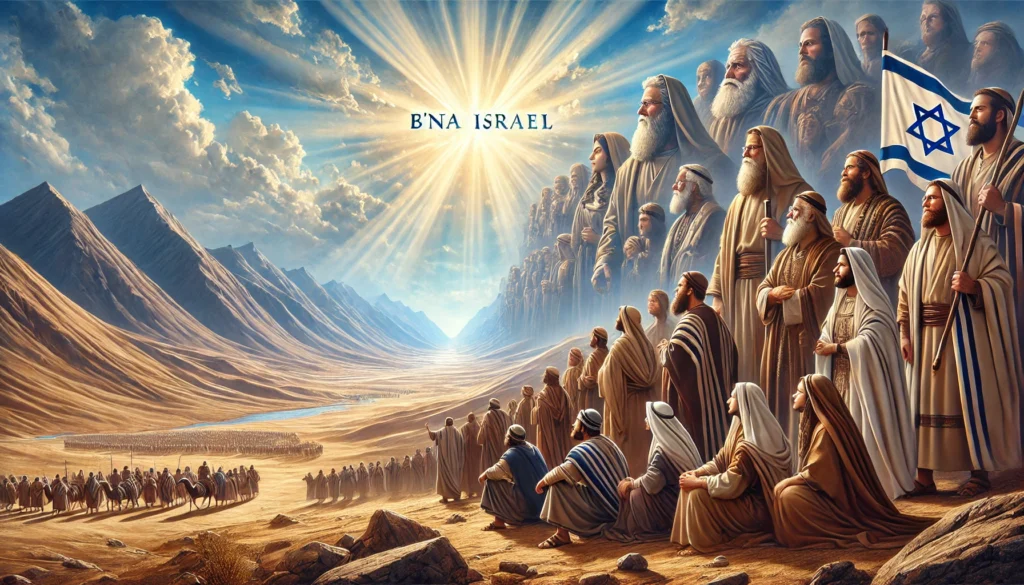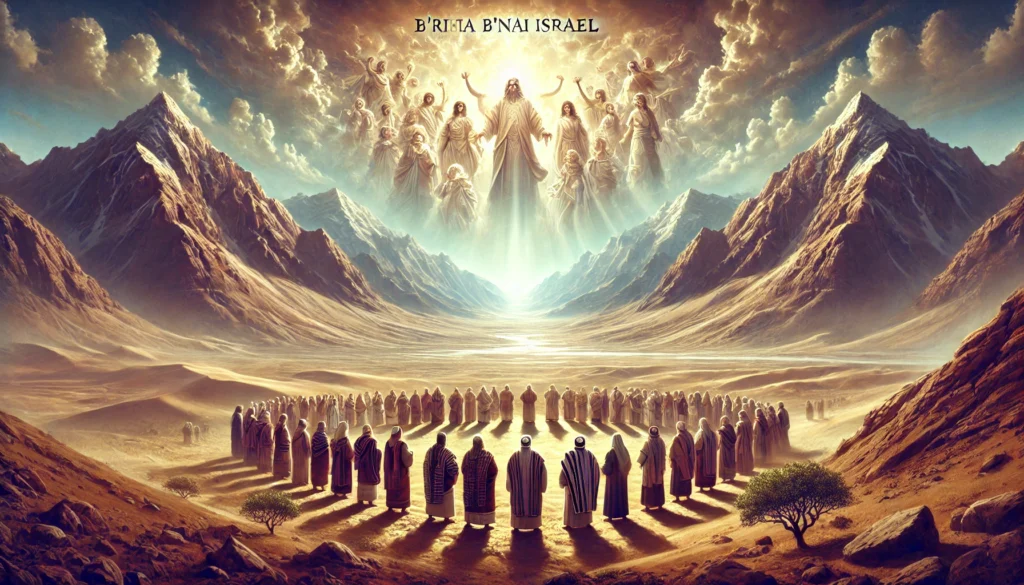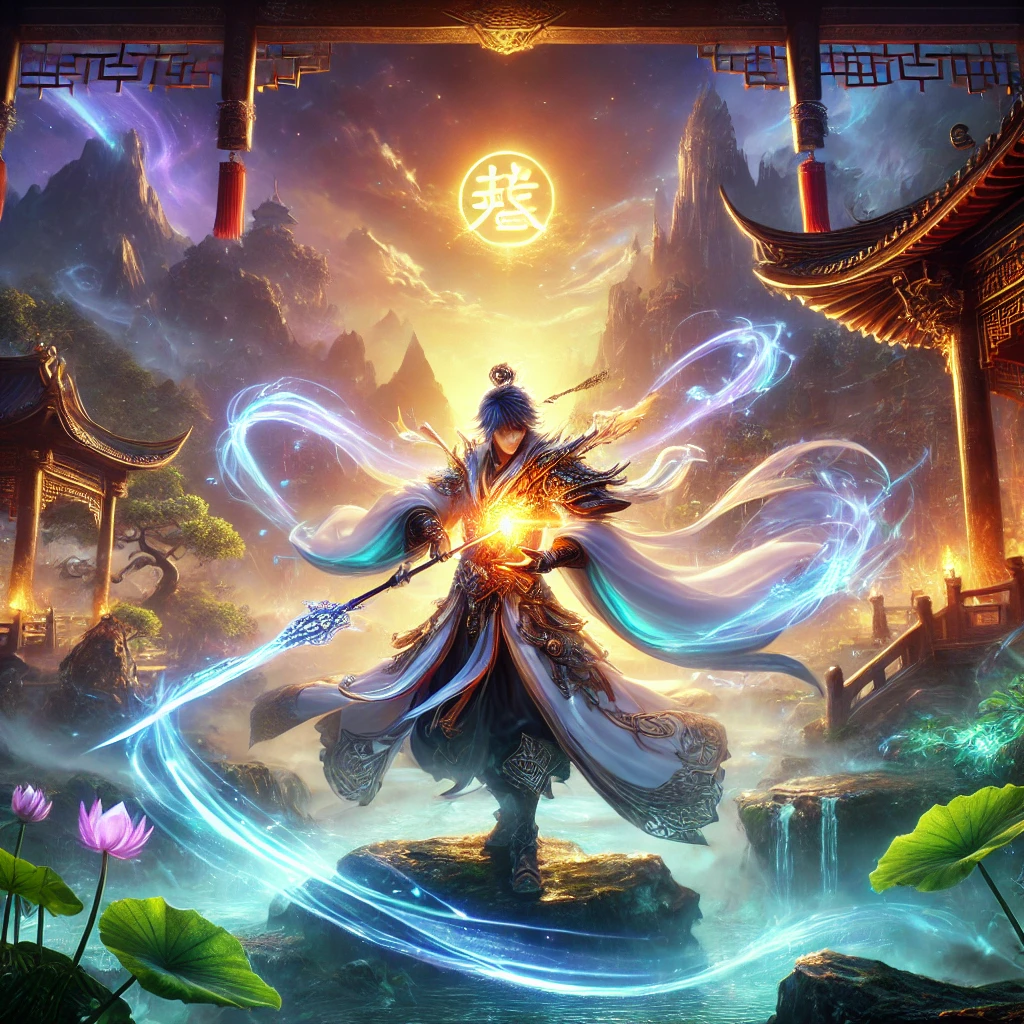B’riya B’nai Israel: What It Means and Why It Matters
When people hear “B’riya B’nai Israel,” they often wonder what it’s all about.
Is it a phrase connected to Jewish traditions?
Is it something deeper than a few words strung together?
Let’s dive into this and break it down in a way that makes sense for everyday life.
What is B’riya B’nai Israel?
B’riya B’nai Israel is all about creation.
In Hebrew, “B’riya” means creation, and “B’nai Israel” refers to the children of Israel, the Jewish people.
Put together, it speaks to the idea of the Jewish people as a part of creation, having a unique role and identity.
This concept has been around for centuries, tying into the stories, history, and culture of the Jewish community.
The real question is: Why does this matter today?
Why is B’riya B’nai Israel Relevant?
Imagine being part of something bigger than yourself.
For the Jewish people, B’riya B’n ai Israel represents not just their past, but also their present and future.
It’s a reminder of where they come from and the shared responsibilities they hold within the wider world.
This isn’t just about religious teachings; it’s about identity, purpose, and community.
Many Jewish families teach their children from a young age about their role in B’riya B’nai Israel, creating a sense of belonging and duty.

The Importance of Community in B’riya B’nai Israel
Think about it like this: Being part of a family means you have people to lean on, right?
Now, imagine that family stretching out over generations and continents.
That’s what B’riya B’n ai Israel is for many Jewish people.
It’s a worldwide community bound by history, culture, and shared beliefs.
This sense of community is powerful.
It’s a driving force behind events like Passover, Hanukkah, and Shabbat, where families come together to celebrate their shared heritage.
The keyword here is “together.”
Without community, these traditions wouldn’t hold the same weight.
Real-Life Example: How B’riya B’nai Israel Shapes Lives
Let’s say you’re a Jewish parent raising your kids in a busy city.
Life gets hectic, but every Friday night, you pause for Shabbat dinner.
This isn’t just a meal—it’s a connection to B’riya B’nai Israel.
You’re teaching your children about their roots, reminding them that they’re part of a larger story that’s been unfolding for thousands of years.
For your kids, this tradition becomes a cornerstone of their identity.
It’s not just about food and family; it’s about understanding who they are and where they come from.
B’riya B’nai Israel: What Questions Do People Have?
Why is B’riya B’nai Israel important to Jewish culture?
It serves as a reminder of the Jewish people’s role in the world.
It emphasizes the idea of creation, connection, and responsibility within the Jewish faith and culture.
How do Jewish people celebrate B’riya B’nai Israel?
While there’s no single event specifically for B’riya B’nai Israel, its essence is woven into many Jewish traditions.
Shabbat, the High Holidays, and even daily prayers touch on themes of creation and responsibility, connecting Jewish people back to this concept.
What does B’riya B’nai Israel teach children?
At its core, it teaches them that they are part of something bigger.
It gives them a sense of identity and belonging, helping them understand their role within the Jewish community and the world at large.

Practical Lessons from B’riya B’nai Israel
There’s a lot more to B’riya B’nai Israel than just the history or the religious side.
Let’s talk about the practical lessons that anyone can take from this concept:
- Identity Matters: Knowing where you come from helps ground you in the present.
It gives you a solid foundation to build your life on. - Community is Key: Whether it’s family, friends, or a religious community, having people to lean on is priceless.
- Tradition has Power: In a world that’s always changing, traditions like Shabbat or celebrating the High Holidays offer stability.
They keep us connected to the past while giving us something to look forward to.
Real-World Example: Passing on B’riya B’nai Israel
Take the example of a family gathering for Rosh Hashanah, the Jewish New Year.
As they gather around the table, the parents explain the meaning behind the holiday and how it ties into their identity as part of B’riya B’nai Israel.
They tell stories from the Torah, share personal experiences, and talk about their hopes for the new year.
For the children, this isn’t just a holiday—it’s a lesson.
They’re learning about their history, their culture, and their place in the world, all tied back to the idea of B’riya B’nai Israel.
FAQs on B’riya B’nai Israel
Is B’riya B’nai Israel a religious term?
Yes, but it also goes beyond religion.
It’s about the cultural and historical identity of the Jewish people.
It’s something that touches on every part of Jewish life.
How can I learn more about B’riya B’nai Israel?
Many Jewish texts, like the Torah and Talmud, explore this concept.
You can also attend Jewish cultural events or speak with members of the Jewish community to get a better understanding.
External sources such as Chabad.org or MyJewishLearning.com provide excellent resources to dive deeper into Jewish history and beliefs.
Can non-Jews relate to B’riya B’nai Israel?
Absolutely.
The idea of being part of a community, understanding your identity, and feeling connected to your past are universal concepts.
You don’t have to be Jewish to appreciate the value of those things.
Final Thoughts on B’riya B’nai Israel
In the end, B’riya B’nai Israel is about more than just a phrase.
It’s about understanding who you are, where you come from, and the people who share that journey with you.
For the Jewish people, it’s a cornerstone of their faith, culture, and identity.
And for anyone curious about what it means to be part of something bigger, it’s a reminder that community and tradition matter.
They shape us, guide us, and connect us to something that lasts beyond our individual lives.
B’riya B’nai Israel isn’t just for Jewish people—it’s a concept that anyone can find meaning in.
At its heart, it’s about being part of a story that’s still being written, with each generation adding its own chapter.














Post Comment